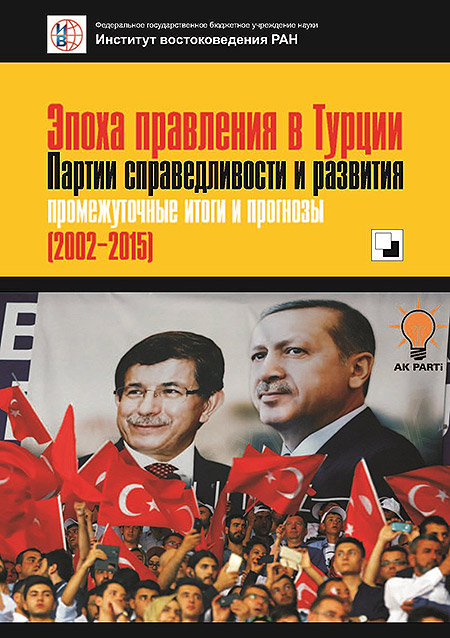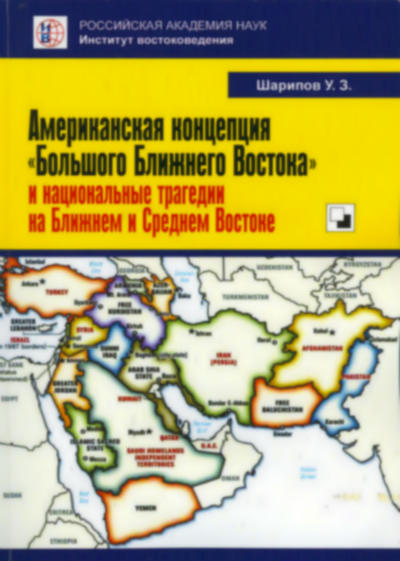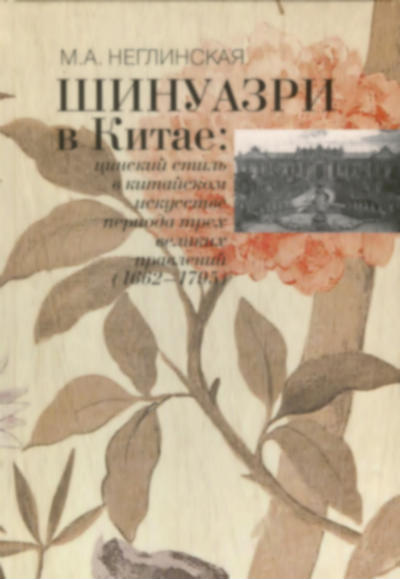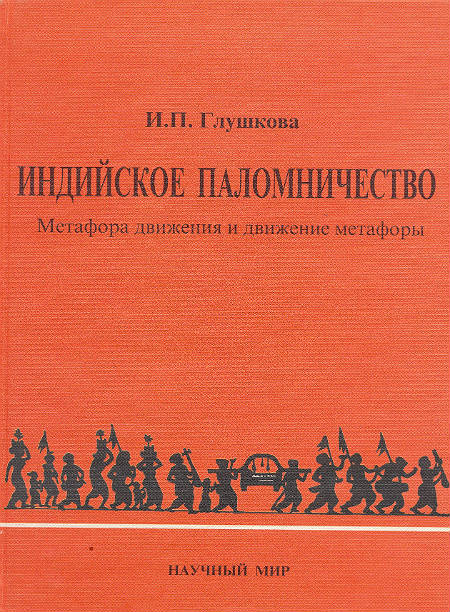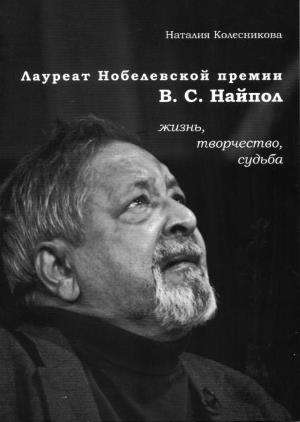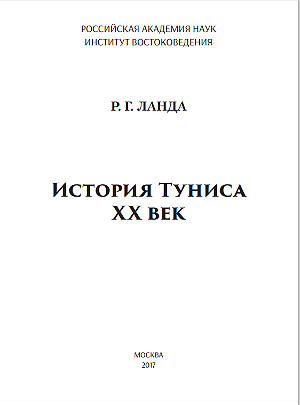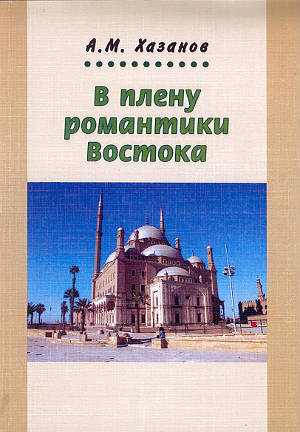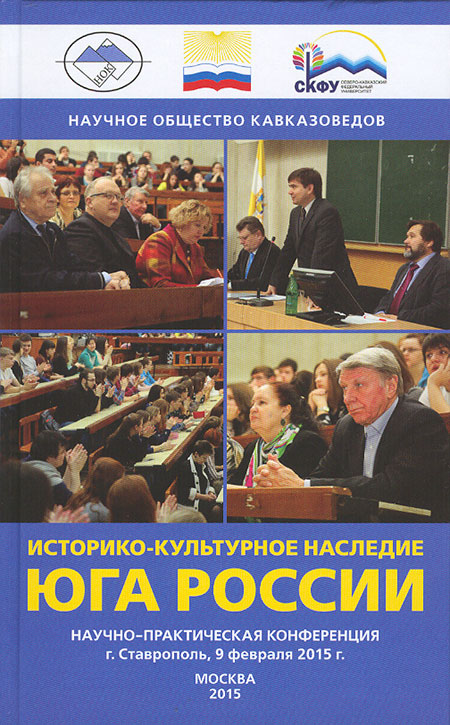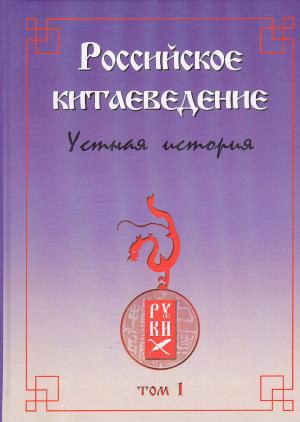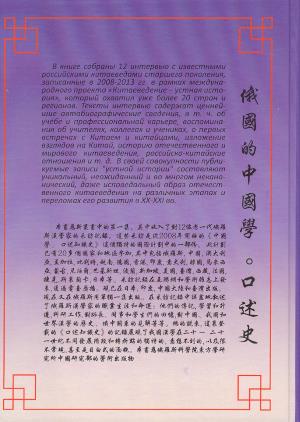Book
Russian Sinology – Oral History. Vol. 1.
Collection of Interviews with Prominent Russian Sinologists of 20 – 21 Cent.
Editor: Golovachev Valentin
Institute of Oriental Studies of the Russian Academy of Sciences,
Москва, 2014, 496 p.
The first volume of the new book series “Russian Sinology – Oral History” contains twelve interviews with prominent Russian sinologists of the oldest generation. The interviews were collected as part of the unique international project “Sinology – Oral History”, launched in 2008. More than 20 countries and territories, such as Russia, Australia, Bangladesh, Belgium, China, Czech Republic, Germany, France, Hong Kong, India, Italy, Korea, Malaysia, Mongolia, Nepal, Pakistan, Poland, Singapore, Sri Lanka, US, Vietnam, Taiwan, Tibet, Japan, etc., have participated in the project as of today. The collected interviews are published on-line, in scientific periodicals and printed volumes (so far, printed in India, PRC, Taiwan and Japan). The Russian language interviews were also broadcast by the “Radio Taiwan International” and now are being published. Among the interviewees are Aleksey A. Bokschanin, Yury M. Garushyantz, Lidia I. Golovacheva, Lev P. Deliusin, Zoya D. Katkova, Stanislav I. Kuczera, Evgeny I. Kychanov, Zina G. Lapina, Georhy V. Melikhov, Vladimir S. Myasnikov, Sergey L. Tikhvinsky, and Yury V. Chudodeev. The interviews contain detailed records of professional activities and lives of the Russian sinologists born in 1918 – 1937: their biographies, educational background, career, research work, reminiscences of their teachers, colleagues and students, their views on China, on history of the domestic and global Sinology, on Russian-Chinese relations, etc. Taken as a collective evidence, these highly personal records present a broad picture of the socio-political, ideological, economic and personal environment, which determined the studies on China and Chinese language, visits to China and international exchanges, experienced by the Russian sinologists in Soviet and post-Soviet periods. The interviews provide us with the new resources and perspectives to analyse both common features and specifics of the domestic Sinology at various stages of its evolution, including its dramatic ups and downs. They also allow us saving the precious achievements of the Russian Sinology and make them a more available part of the global Sinology. The interviews are collected and edited by a group of researchers from the China Department of the Institute of Oriental Studies, Russian Academy of Sciences.
РУССКАЯ ВЕРСИЯ: Российское китаеведение – устная история. Том 1.

